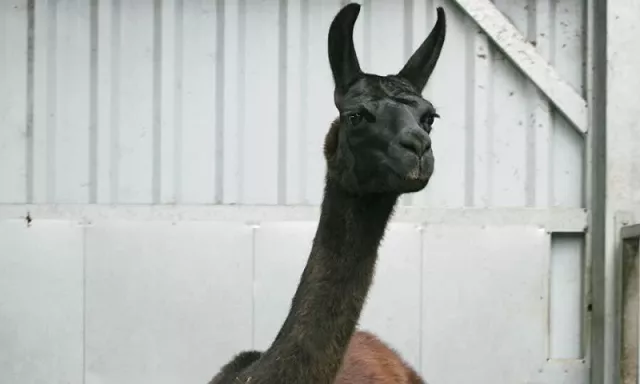Scientists posit llama antibodies could be significant in beating Covid-19
Llamas have previously been used in antibody research in work related to HIV and influenza
A llama called Winter could prove useful in the hunt for a treatment for Covid-19, according to a new study published in the journal Cell by an international team of researchers.Antibodies found in the blood of llamas were able to fend off COVID infections according to an international team of researchers,
“This is one of the first antibodies known to neutralise SARS-CoV-2,” said Jason McLellan, from the University of Texas at Austin and co-author of the study.
The group began four years ago looking into antibodies that might counter the SARS virus, which spread in 2003, and the MERS virus that flared up in 2012.
“The work was a side project in 2016. We thought maybe this was interesting,” said Xavier Saelens, joint leader of the Belgian part of the collaboration.
“Then the new virus came and it became potentially more crucial, more important.”
New coronavirus antibody test highly accurate
Winter, the llama, was given safe versions of the SARS and MERS viruses, and samples of its blood were later taken.
Llamas and other members of the camel family are distinct in creating standard antibodies and smaller antibodies, with which scientists can more easily work.
“The antibodies could also be used to treat somebody who is already sick to lessen the severity of the disease,” added McLellan.
The Belgian part of the research team, also led by Bert Schepens, identified fragments of the smaller antibodies, known as nanobodies, to see which bound most strongly to the virus.
New coronavirus adapts to populations; vaccine works in monkeys
The team intends to begin testing on animals, with a view to allowing trials with humans to begin by the end of the year. Saelens said negotiations were underway with pharmaceutical companies.
Llamas have previously been used in antibody research in work related to HIV and influenza, where they helped discover promising therapies, reports New York Times.
“There is still a lot of work to do to try to bring this into the clinic,” Xavier Saelens, a molecular virologist at Ghent University in Belgium and co-author, told the Times.
“If it works, llama Winter deserves a statue.”
Scientists are hopeful a treatment plan for the newly infected in the form of antibody therapies could be valuable.


COMMENTS
Comments are moderated and generally will be posted if they are on-topic and not abusive.
For more information, please see our Comments FAQ